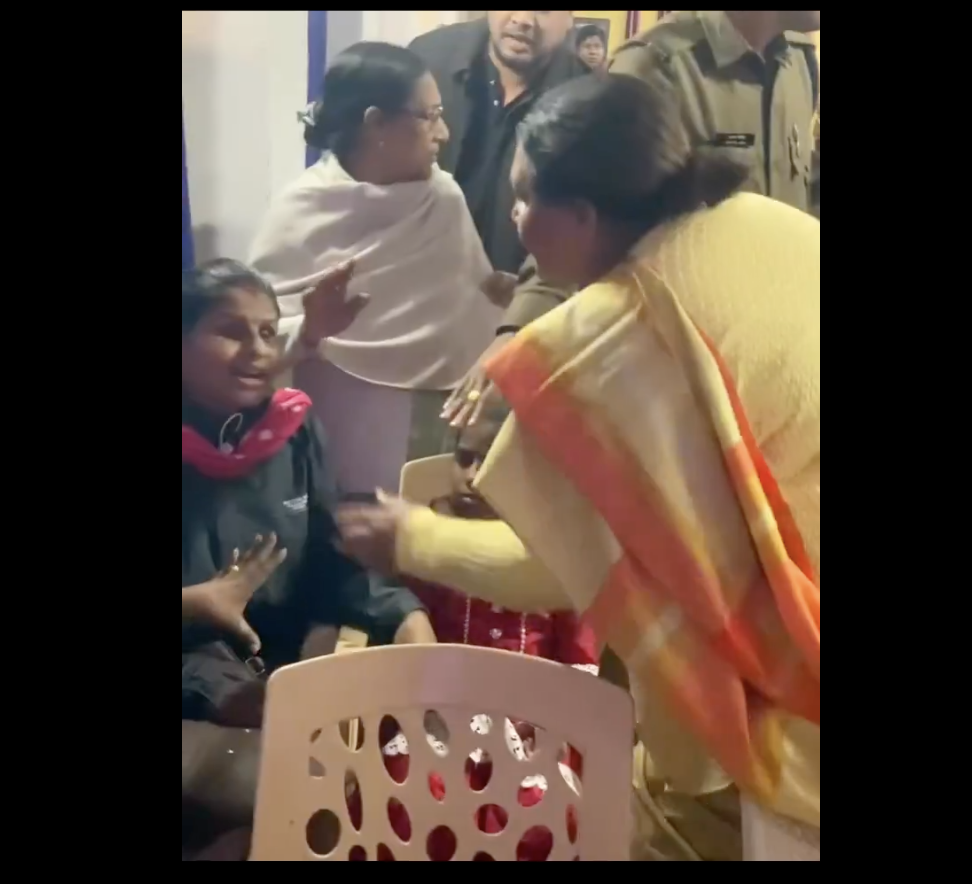
New Delhi: The Gujarat high court on Monday, July 11 issued a notice to the state government on a petition challenging a resolution introducing the Bhagavad Gita in schools as a prayer programme, besides making it part of the curriculum.
The high court has sought the state government’s reply by August 18.
A division bench of Chief Justice Aravind Kumar and Justice Ashutosh Shastri issued the notice on a public interest litigation (PIL) filed by Jamiat Ulama-E-Hind challenging the education department’s resolution on introducing the Bhagavad Gita in schools as prayers and through activities like recitation of shlokas etc. from this educational year.
The Muslim body challenged the resolution on the grounds of constitutional validity and claimed it was in contravention of the National Education Policy (NEP).
The Gujarat government on March 17 had announced in the assembly that the Bhagavad Gita will be a part of the school syllabus for classes 6 to 12 across the state from the academic year 2022-23.
Schools will also organise activities based on the scripture such as prayers, shloka recitation, comprehension, drama, quiz, painting and elocution competitions, education minister Jitu Vaghani said.
Lawyer Mihir Joshi, representing Jamiat Ulama-E-Hind, said, “Indian culture comprises a vast array of what it comprises. The submission before the court is that there is no question of giving primacy to the religious book of one religion for stating that the values and principles as prescribed in that book alone shall be taught.”
The issue is whether one holy book can be prescribed in this manner, he argued.
Joshi further said that Articles 25 and 28 of the Constitution provide for the freedom of conscience and free profession, practice and propagation of religion, and directives that no religious instructions shall be provided in a state-run educational institution.
“The state education department’s resolution issued a directive to include Indian culture and Indian knowledge system from 2022-23 by including the value and principles of Srimad Bhagavad Gita in class 6-12 in such a matter that the children understand and take an interest,” Joshi said.
For classes 6-8, the Gita shall be introduced in educational subject textbooks in the form of stories, reading material, etc.
In classes 9-12, the Gita shall be introduced in the first language textbooks in the form of stories, reading material, etc. It shall have to be introduced in prayers. Various activities such as Gita-based shloka recitation, debates, elocution, dramas, drawings, etc. shall be organised, he said, quoting the resolution.
“As far as the curriculum is concerned, the Right to Education (RTE) says that there is a statutory organisation which will frame it and recommend it to the state government,” he said.
Joshi sought a stay on the implementation of the resolution, arguing that the direction given to the Gujarat Council of Educational Research and Training to prepare a curriculum for the purpose is without jurisdiction and contrary to statutory provisions.
The high court, however, declined to grant the stay, saying it will not consider the prayer without an affidavit.
This article first appeared in thewire.in






